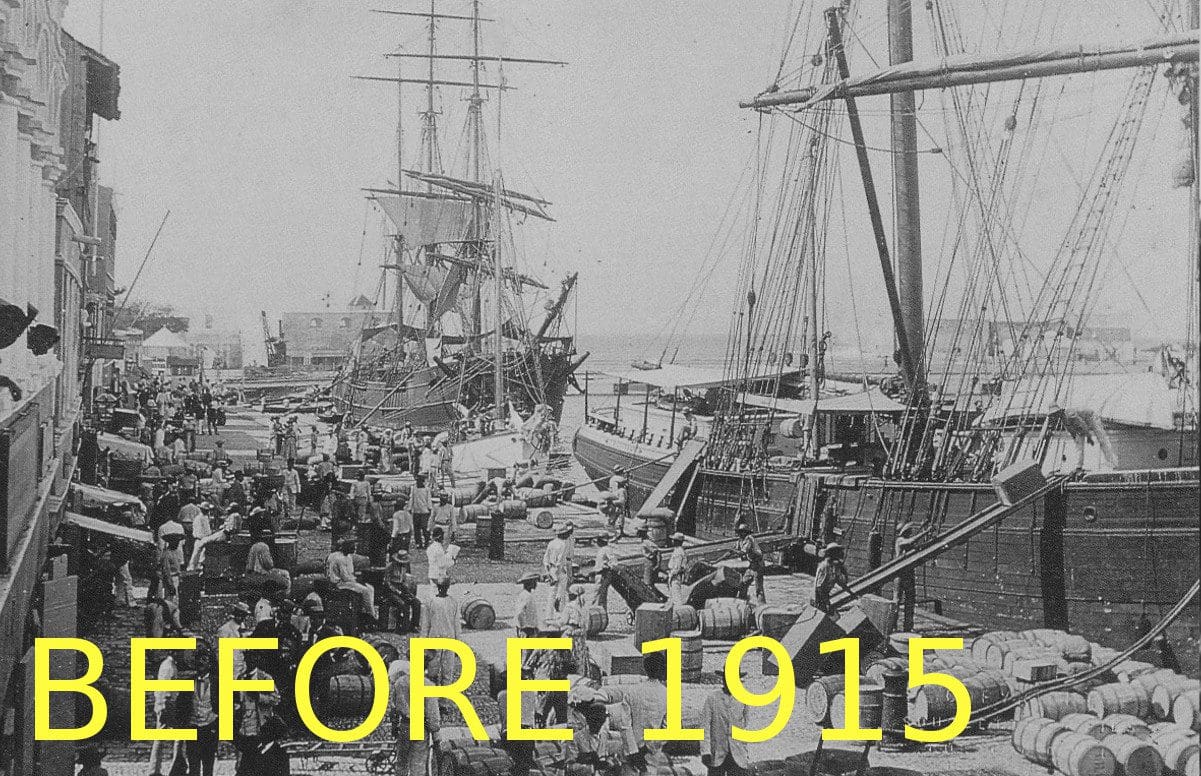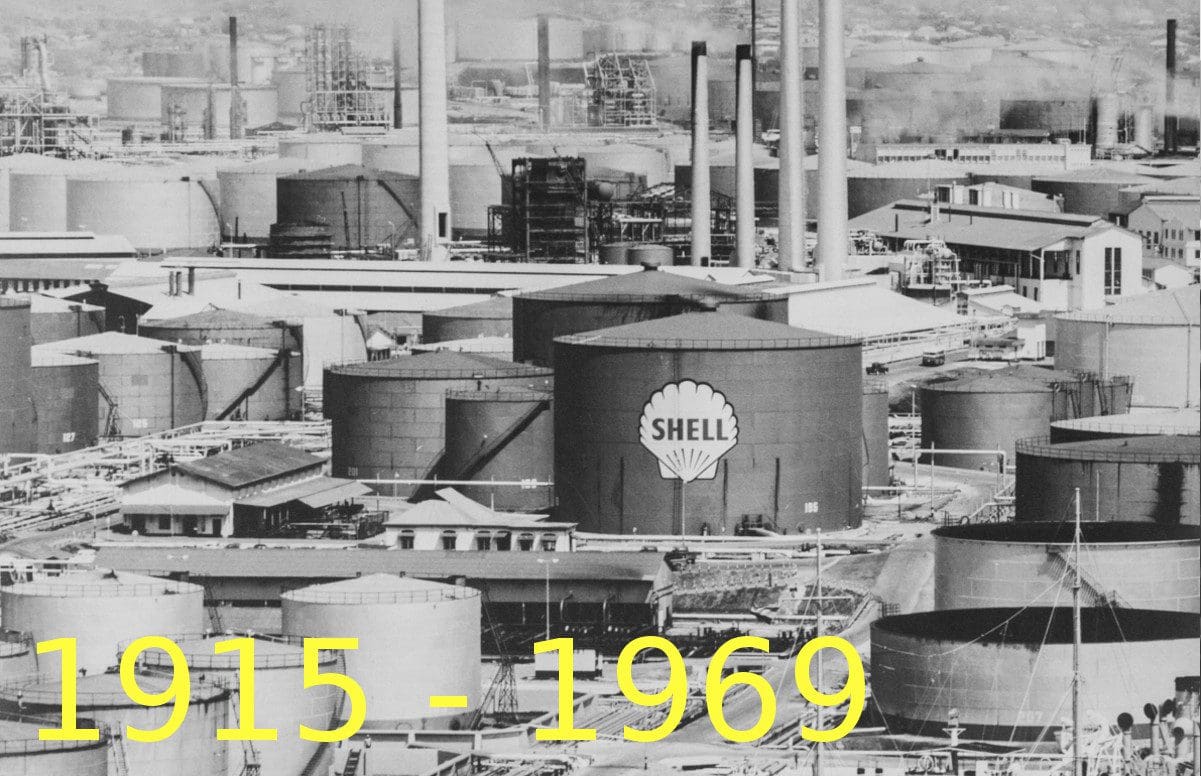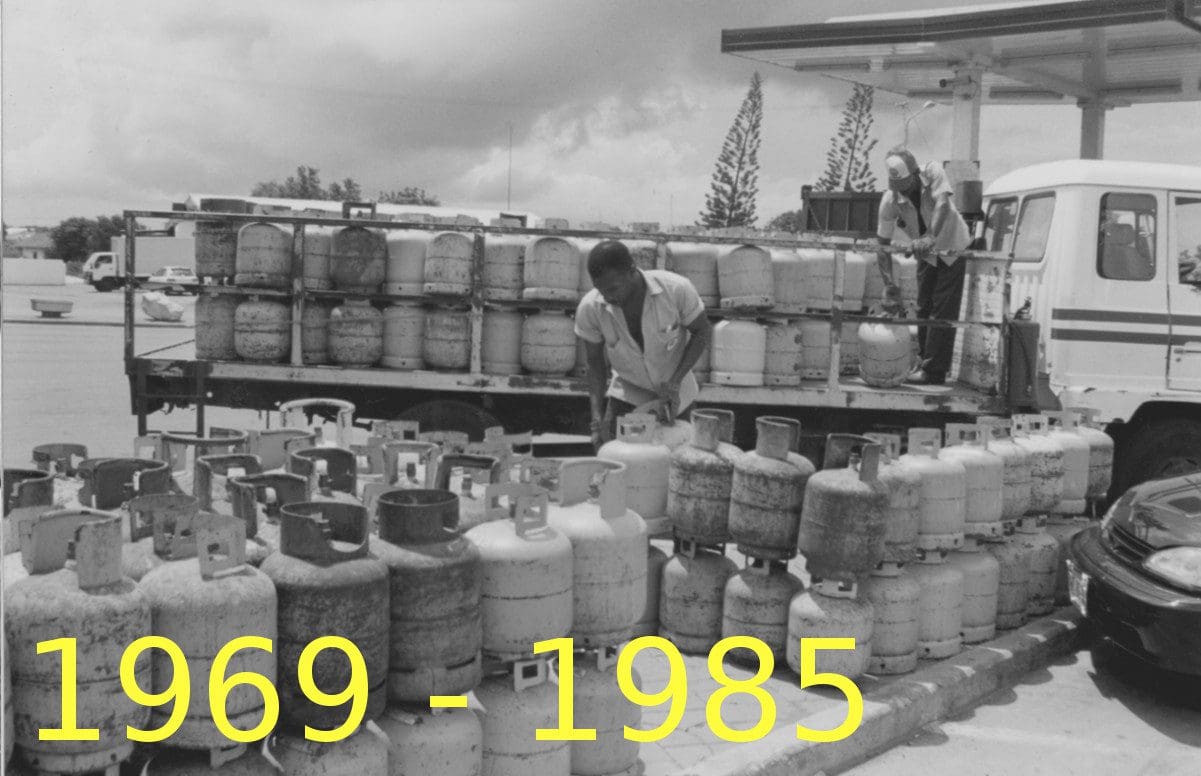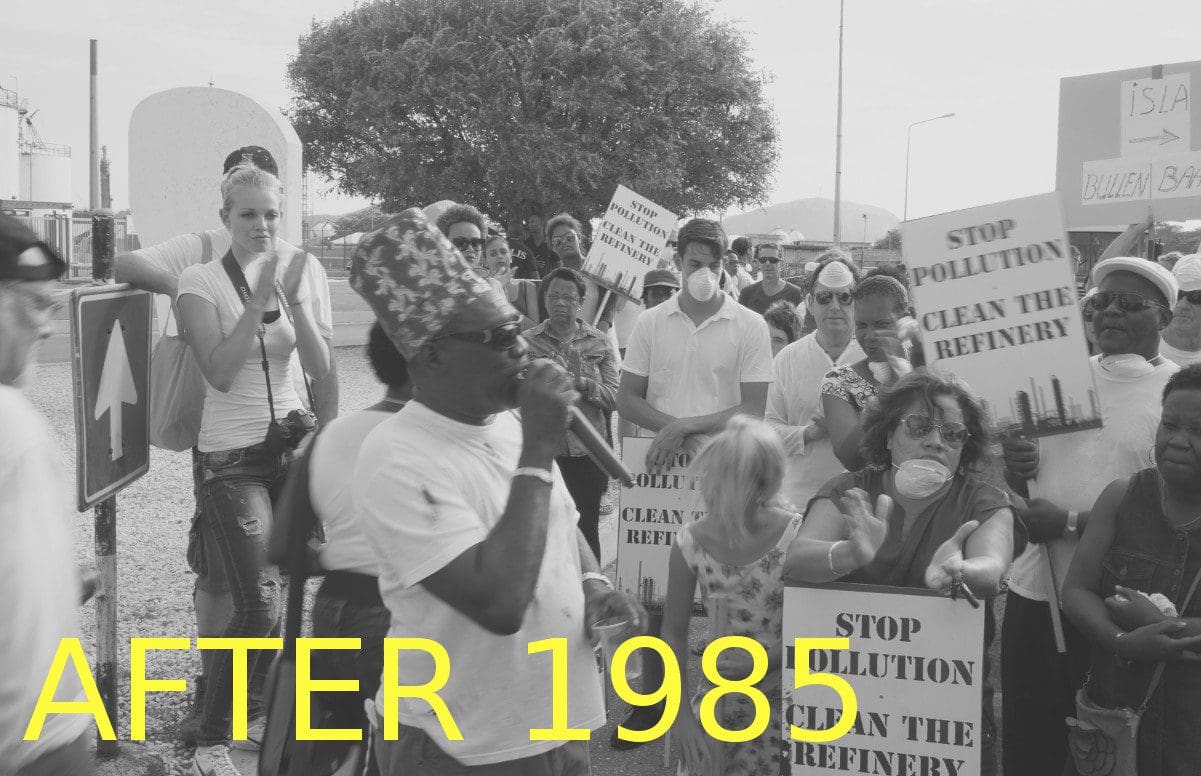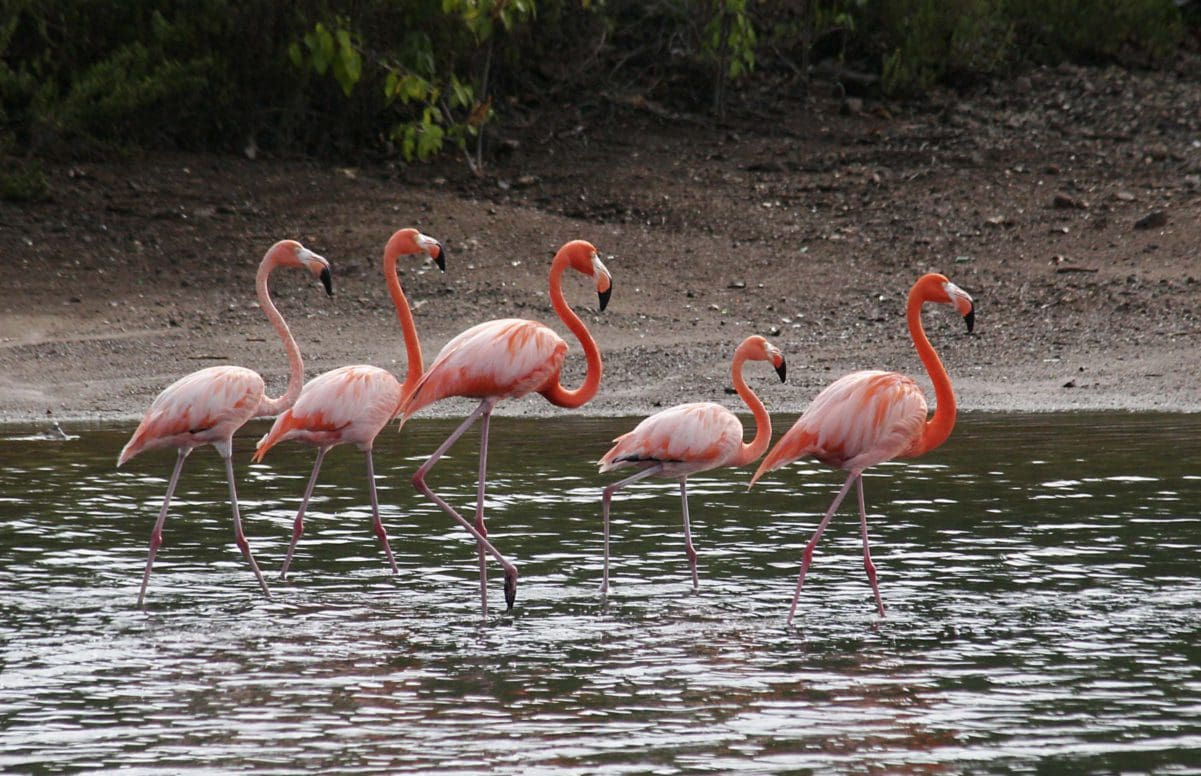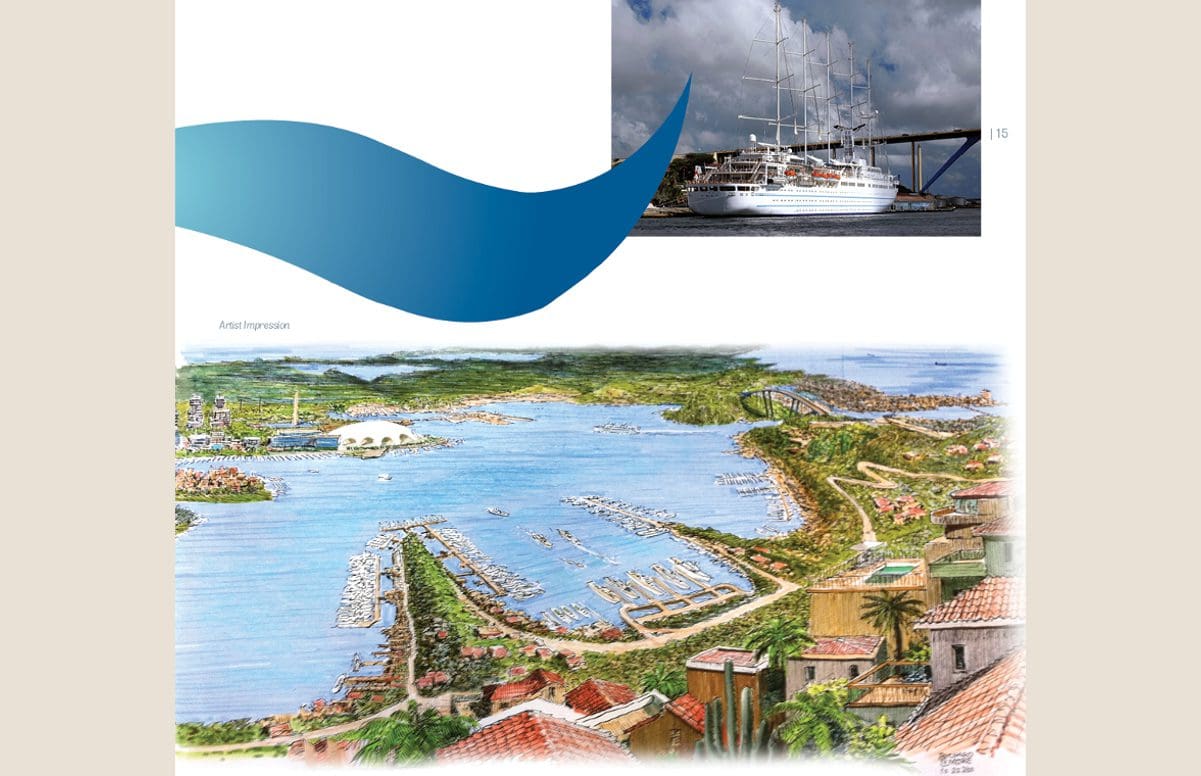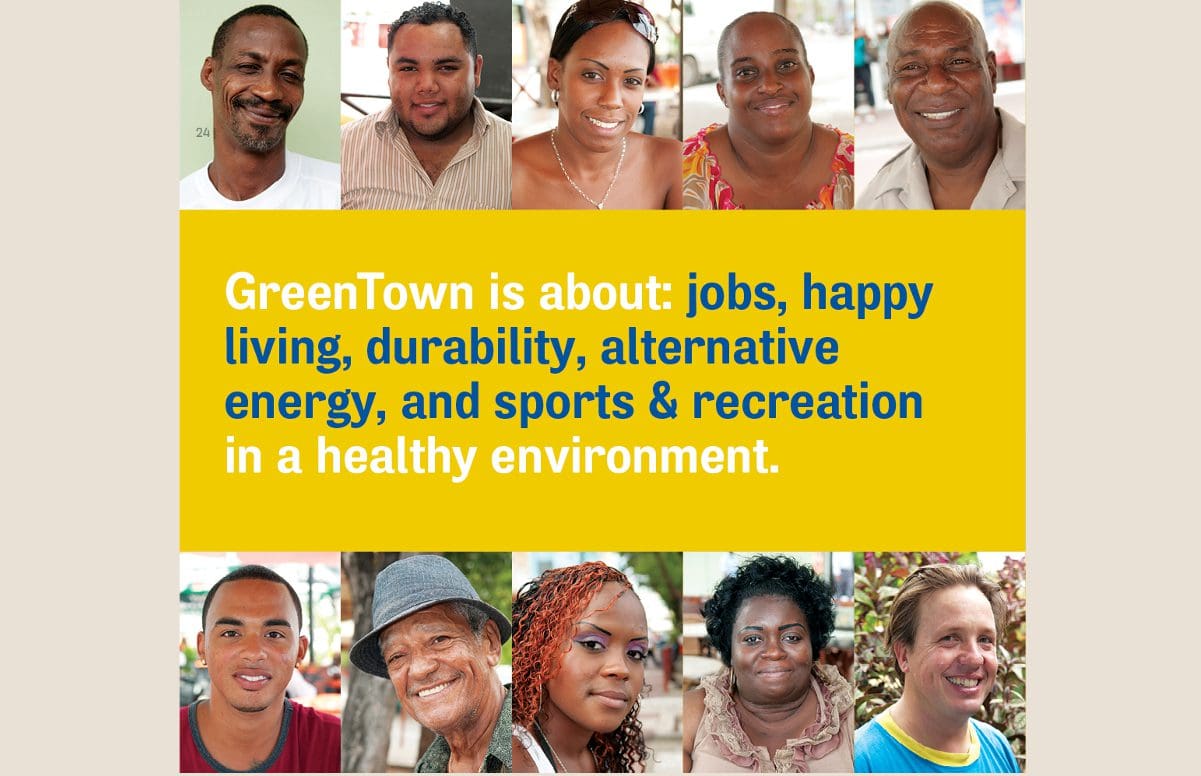
Isla den Nos Bida
100 years Refinery in Curaçao – 100 aña Refineria na Kòrsou
Exhibition
Future & Art
Putrefaction, transformation & purification
If upgrading the refinery is one option, ceasing oil production on Curaçao altogether is another. If the refinery were to be shut down, three possibilities stand out. In discussions between environmental groups, non-profit organizations and economic think tanks the scenarios of Putrefaction, Transformation and Purification have had serious consideration.
In the scenario of PUTREFACTION, the refinery would be abandoned, including the polluted and toxic areas. Such an ‘abandonment alternative’ is not without dangers, as children or homeless people could end up frequenting the heavily contaminated grounds. An example of such a situation occurred in the US Virgin Island of St. Croix in 2012. Three years later the local government sued the former Venezuelan tenant Hess – which had pledged to run through the year 2022 – for leaving the island with a broke, polluted and inoperable refinery.
TRANSFORMATION would entail breaking down the refinery and cleaning the soil, followed by the building up of a Green Town. This alternative has been championed by the non-profit organization GreenTown Curaçao Foundation since 2011. GreenTown would be a clean zero-emissions town, based entirely on sustainable energy sources.
The revenue created by new industries in the area to be developed – such as a yachting, cruise and harbor industry, entertainment facilities and an economic free trade zone – would pay for the cost of cleaning the soil. While GreenTown has been embraced as a viable option by the more internationally oriented Curaçaoan intelligentsia and elites, the majority of Curaçaoans, infused with nostalgia about the refinery and the prosperity it brought their ancestors, has yet to come on board to support this futuristic concept.
PURIFICATION of the refinery ground consists not only of the shutting off and breaking down of the refinery, but also of a very thorough cleaning action of the refinery grounds. This doesn’t merely include the top soil, but a deep detoxing process of the part of the island that has absorbed chemical substances and pollution for over a century. Areas of the Schottegat bay, including the so-called Asphalt Lake, would also have to be cleaned up and purified. Environmental groups estimate the cost of such an operation would exceed a billion US dollars. Since the Curaçaoan government will not be able to raise these funds any time soon, the Purification option seems to be an Utopia.
Regardless of which option will ultimately be chosen for the refinery, a thorough clean up surgery of the location that has been Curaçao’s beating industrial heart for the past century would have to be part of the game plan. After refining oil for 100 years on Curaçao, it has become clear that the island’s initial leadership role in the new oil refining economy of 1916 has to be transformed into a new advanced position in the quest for the alternative and sustainable energy sources of the future.

